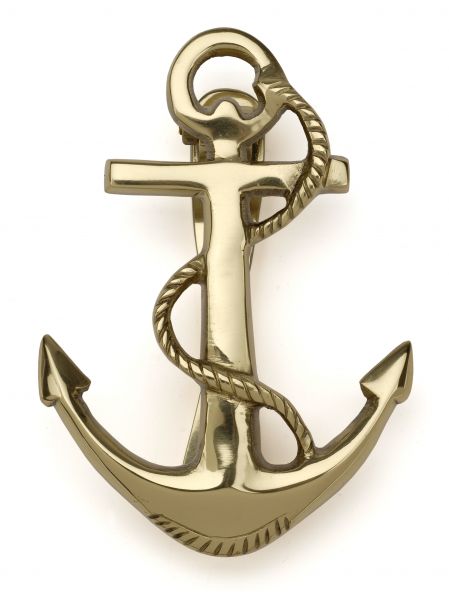The Tirpitz, second and last battleship of the Bismarck class, was the largest warship built in Germany. She was commissioned on February 1941, and afterwards went to the Baltic to conduct sea trials. At the beginning of 1942, she was sent to Norway in order to repel a possible allied invasion, and to attack the Russia-bound Arctic convoys. As part of the "Fleet in being", her mere presence forced the Allies to maintain a considerable force in Scapa Flow that could be otherwise employed in other theatres of operations. In July 1942, she was indirectly responsible for the destruction of convoy PQ-17 without firing a single shot. In September 1943, while anchored in Kåfjord/Altafjord, she was attacked by British midget submarines and put out of action for the first time. Later submitted to continuous aerial bombings, the Tirpitz was finally sunk off Håkøy Island near Tromsø on 12 November 1944 after being hit by 5.4-ton "Tallboy" bombs.
The larger sister ship to Bismarck, Tirpitz was a magnificent monster. She could fire two thousand pound shells over twenty miles and had three inch thick deck armour. Her threat was inestimable, and her very presence in the Norwegian Fjords where she spent much of the war, was sufficient to divert the attention of the Royal Navy when they could least afford it. Nevertheless, since conventional attempts at sinking her, both during construction in and following her launch in April 1939 when she was christened by Frau von Hassell, daughter of Grand Admiral Tirpitz himself, Churchill pressured Sir Dudley Pound into developing a more exotic solution.

2 comments:
Amazing story! Thank you.
It would have been better for the Germans to have let loose the Tirpitz against the enemy and let the crew fight it out then to let them sit idle day after day and ultimately be killed like rats inside a capsizing and undefended target. Perhaps the Japanese learnt a lesson from the fate of the Tirpitz and sent their mighty battleship the Yamato to battle on open seas rather than wait at Kure to be destroyed by American air power. But in the final analysis just think of the tremendous loss of fine fighting men that were lost in the air, on the ground and at sea. The two WWs made Europe weak for generations to come and today we find the very Europeaness under threat from immigrants that arrived after the war to make up for the millions of able-bodied men who died in the war. Very sad.
Post a Comment